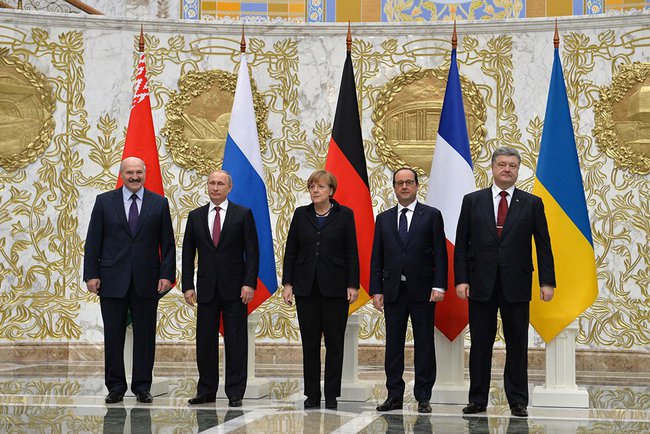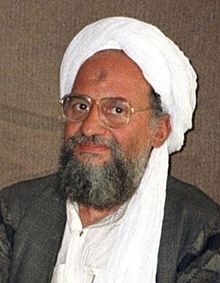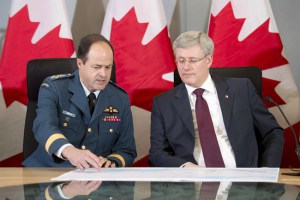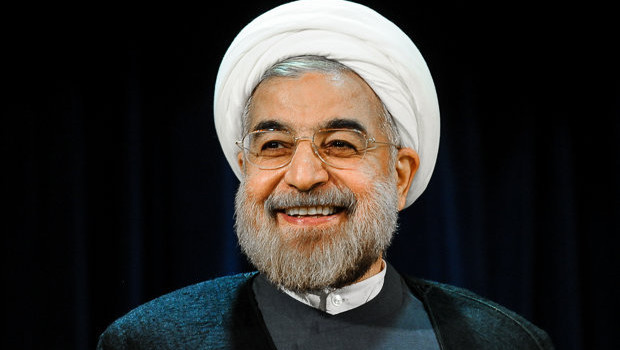The Minsk II Talks on the future of Ukraine, which took place between February 12 and 13, brought together German Chancellor Angela Merkel, French President Franҫois Hollande, Russian President Vladimir Putin, Ukrainian President Petro Poroshenko, and Belorussian President Alexander Lukashenko. The talks were, in effect, Russia’s last chance for peaceful relations with the US. After all, the US hinted earlier this week that had the talks failed, it would be open to supplying the Ukrainian military with arms.
The atmosphere in the run up to the Minsk II talks was tense as three civilians were killed, 15 civilian were injured, and 19 Ukrainian soldiers were killed after rebel strikes in Donetsk on Tuesday. Each side had also maintained their own, conflicting, agendas going into the talks. Ukraine hoped to reclaim its territorial integrity based on the September 5, 2014 failed ceasefire, have rebel troops disarmed and withdrawn, and have its prisoners returned. The rebels maintained their claim to the “people’s republics” of Donetsk and Luhansk, and hoped to reach an agreement without having to disarm. Russia hoped to have the autonomy of Donetsk and Luhansk recognized by the international community, and hoped to have Ukranian troops withdrawn from the combat Zone. Furthermore, the EU and US hoped to have the territorial map returned to Europe pre-2014.
Coming out of the talks, the major parties agreed to a ceasefire between Russian-backed rebels and the Ukrainian military starting 00:01 local time on February 15 February. The ceasefire agreement stipulated: heavy weapons would be removed between February 16 and the beginning of March; Ukraine has to withdraw its troops 50km from the sight of fire; all prisoners would be released and given amnesty; all foreign troops would be withdrawn from Ukrainian territory; all rebel groups would be disarmed; all restrictions on mobility in Ukraine would be lifted; rebel regions would be decentralized under Constitutional reform set to be completed by the end of 2015; and a dialogue would be started on political transition. Prior to the start of the ceasefire, Russia mobilized troops to surround Debaltseve, a strategic transport hub integral to troop routes leading to rebel communities. The fact that Ukrainian troops have been forced to withdraw 50km has given rebel troops an advantage. The rebels are currently attempting to take over the city of Debaltseve, before the agreement goes into force in the next two days. So far, 18 people are reported to have died.
The conclusion of the talks were followed by an announcement earlier yesterday by the IMF of a US $17.5 billion loan to foster economic reform, which along with other sources, would reach US $40 billion over four years.
The Russo-Ukrainian conflict, which began in April 2014, has resulted in the death of approximately 5,400 people, including the 298 people as a result of the downing of Malaysian Airlines flight MH17 in July of last year. In total, 978,482 people have been internally displaced, of which 600,000 have migrated to neighbouring countries, including Russia.
This will be Russia’s and Ukraine’s second attempt at a ceasefire, following the failure of the ceasefire governed by the Minsk Protocol, which was signed on September 5, 2014.





